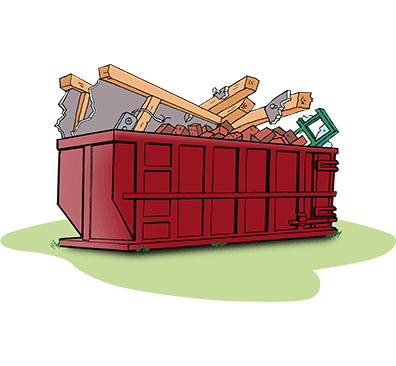What Are Exempt Wastes?
Some types of solid wastes are exempt from the Solid Waste regulations and do not require disposal in a permitted landfill. These wastes can be used as fill without approval from ADEC under the conditions below.
These wastes include:
- Uncontaminated dirt, rocks, and soil;
- Tree limbs, stumps, foliage, and other woody debris;
- Unpainted bricks, mortar, Portland cement type concrete (including reinforcing steel that cannot be easily removed);
- Glass crushed to less than ¾-inch minus;
- Crushed asphalt, but only if the product is used:
- As fill material for a building pad or parking area;
- As road base beneath a parking area or road;
- As pavement on a building pad, parking area, or road; or,
- As a material to construct a containment berm for a tank farm
The person disposing of exempt solid waste must comply with the following requirements:
- The exempt waste may not be mixed with non-exempt waste.
- The waste may not cause a public nuisance, environmental problem, or a threat to public health, safety, or welfare.
- The exempt waste may not be placed in surface water (creeks, ponds, etc.) without approval from other appropriate regulatory agencies.
- The exempt waste may not be placed without landowner approval.
Tree limbs and stumps
Some cities and boroughs operate summer wood lots or stump dump areas. Contact your local solid waste program to find out if there is one in your area.

Note: Most construction and demolition debris including dimensional lumber, regardless of treatment, are not exempt wastes. These wastes must be disposed at a permitted facility.
Regulations related to exempt waste are in 18 AAC 60.005 (PDF).http://dec.alaska.gov/commish/regulations/

 Indicates an external site.
Indicates an external site.